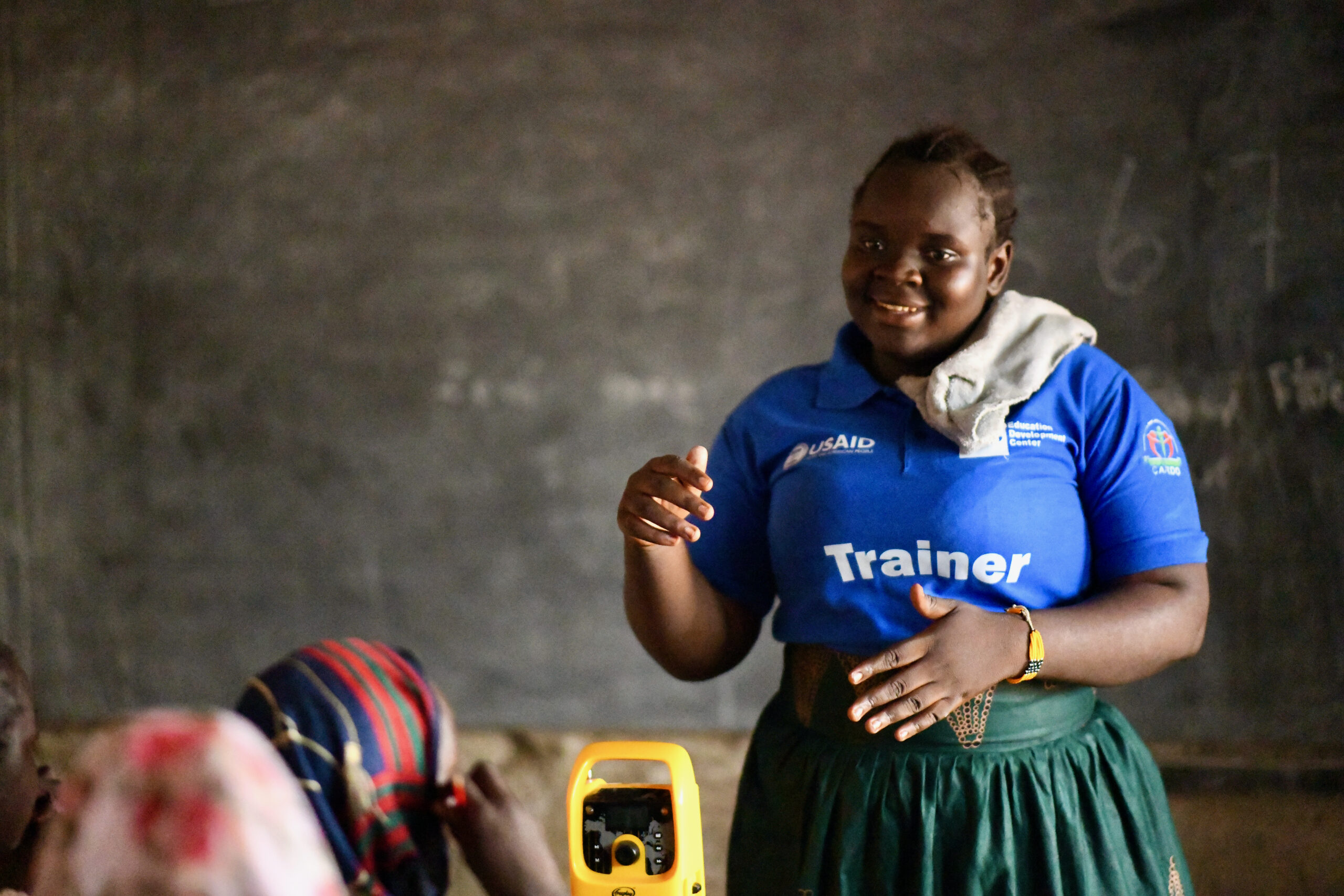EDC in South Sudan
EDC has been a partner to South Sudanese communities for more than 20 years, supporting locally-led social and economic development with evidence-based programming that helps learners, families, and the nation to thrive.

EDC has been a partner to South Sudanese communities for more than 20 years, supporting locally-led social and economic development with evidence-based programming that helps learners, families, and the nation to thrive.
